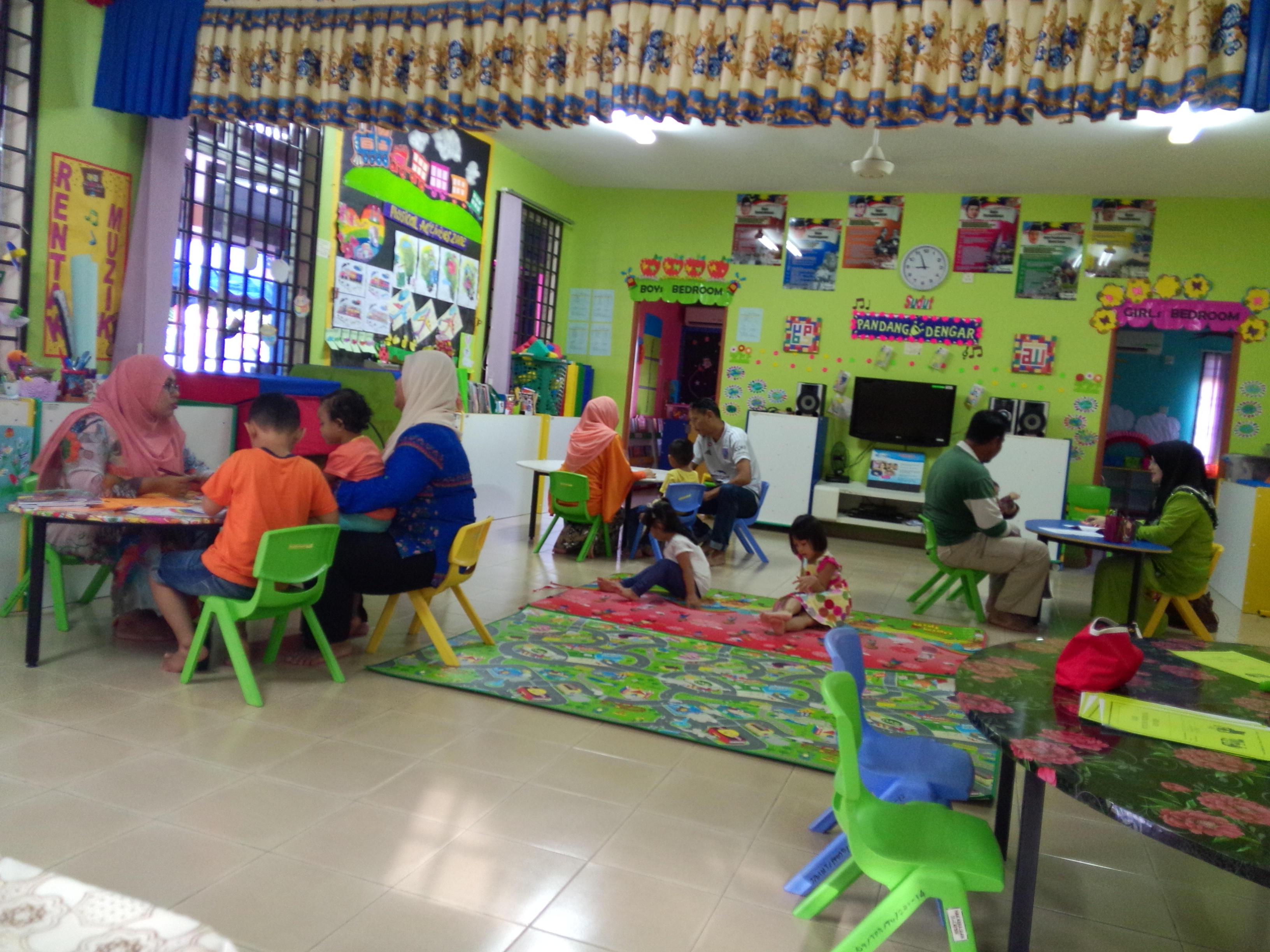By Sakini Mohd Said

Director-General of Skills Development Department of the Ministry of Human Resource, Dr Pang Chau Leong.
PUTRAJAYA, Nov 16 (Bernama) — Many people have the perception that industry skills are only for people who lack academic knowledge. They believe that this sector is ideal for manual labourers, including immigrant workers.
This is the mentality of the public and parents view vocational subjects as being inferior, compared to academic subjects. This is because they believe academic subjects promise white-collar employment, unlike vocational subjects which can only offer blue-collar positions.
Are skills-based courses that bad that they are only suitable for those who are not academically inclined?
The fact remains that in order to achieve the status of a developed nation by 2020, Malaysia needs knowledgeable people in skills-based industries.
Malaysia is participating in the Association of South East Asian Nations (ASEAN) Skills Competition (ASC) 2012 from Nov 15 to 18 in Jakarta, Indonesia.
PERCEPTION
“Those who fail to gain admission into universities are seen as failures. This thinking is wrong, as those in universities may not necessarily be successful in life.
“But those who cannot get into universities can still be successful in vocational fields,” said the Director-General of Skills Development Department of the Ministry of Human Resource, Dr Pang Chau Leong.
He said that parents should not regard industry skills as ‘second class’ and that it is only meant for failures.
Skills’ training is crucial for transforming Malaysia into a developed and a high-income country, he explained.
This is in line with the objective of increasing the per capita Gross National Income to RM48,000 by 2020, as compared to RM23,700 in 2009.
“It is not easy to change the people’s perception and that is why we are participating in the ASC to prove that Malaysians have skills of international standards.
“This way, parents will be more confident and will not see vocational courses as something for failures,” Dr Pang said.
PARADIGM SHIFT
Dr Pang said that only 28-29 percent of the Malaysians have a positive image of skilled manpower, which is lower than that of developed nations.
However, the number of jobs offered to skilled manpower through the National Key Economy Area (NKEA) and Economic Transformation Programme (ETP) is high.
Out of 3.3 million jobs created through the NKEA and ETP, 1.3 million jobs go to skilled manpower, which shows that people with vocational skills do have job opportunities.
Participation in ASC is a way of promoting this sector to the society, to be on par with the academic field.
“The nation’s participation is in line with the needs of the Tenth Malaysia Plan (RMK-10), where the government requires 33 per cent skilled workforce by 2015 and 50 per cent by 2020,” he said.
The ASC is being held at the Jakarta Convention Centre this year. It is a skills-based competition, which takes place once every two years. Every ASEAN country takes turn in being the host.
ONLY THE BEST ARE SELECTED
Introduced in 1995, the competition had been staged eight times, where Malaysia hosted the seventh edition in 2008.
This time, the nation is taking part in 22 fields and is targeting five gold medals, four silver medals and six bronze medals. Malaysia is represented by 44 students from public/private universities, as well as public and private skills training institutions.
Dr Pang said that those selected for the competition have been medal winners at the Malaysia Skills competition for three years, since 2010.
The candidates were also picked through IPTA/IPTS screening and the ‘Culinary Award Nestle’ competition.
“This is to ensure that participants win medals for Malaysia,” he said.
He said that cash incentives for winners at the ASC 2012 have been increased, in line with the government’s efforts to make vocational skills, the key driver of the nation’s economy.
Every gold medal winner will receive RM7,000, every silver medal winner will receive RM5,000 and every bronze medal winner will receive RM2,500. The best overall winner will get another RM1,000.
EQUIPPING YOUTHS WITH SKILLS TO BE WORLD-CLASS WORKERS
Dr Pang said that the nation’s participation in the ASC is not just limited to changing the public’s mentality with regards to the vocational sector. It is also about enhancing relations among developing nations, in equipping Malaysian youths with the relevant skills to become world-class workers.
“This competition is a way of showing recognition to youths, students and workers, who have skills in technical and vocational fields.
“We want to prove to the world that Malaysia has world-class skilled manpower,” said Dr Pang, adding that Malaysia’s participation in the ASC is key to promoting the country’s skilled manpower to international investors.”
Malaysia will also participate in the World Skills Competition 2013 in Leipzig, Germany, for seven days, from July 1, 2013.
Deputy Prime Minister, Tan Sri Muhyiddin Yassin, had unveiled the ‘Road To Leipzig Gold 2013’ project last July.
Source: BERNAMA





